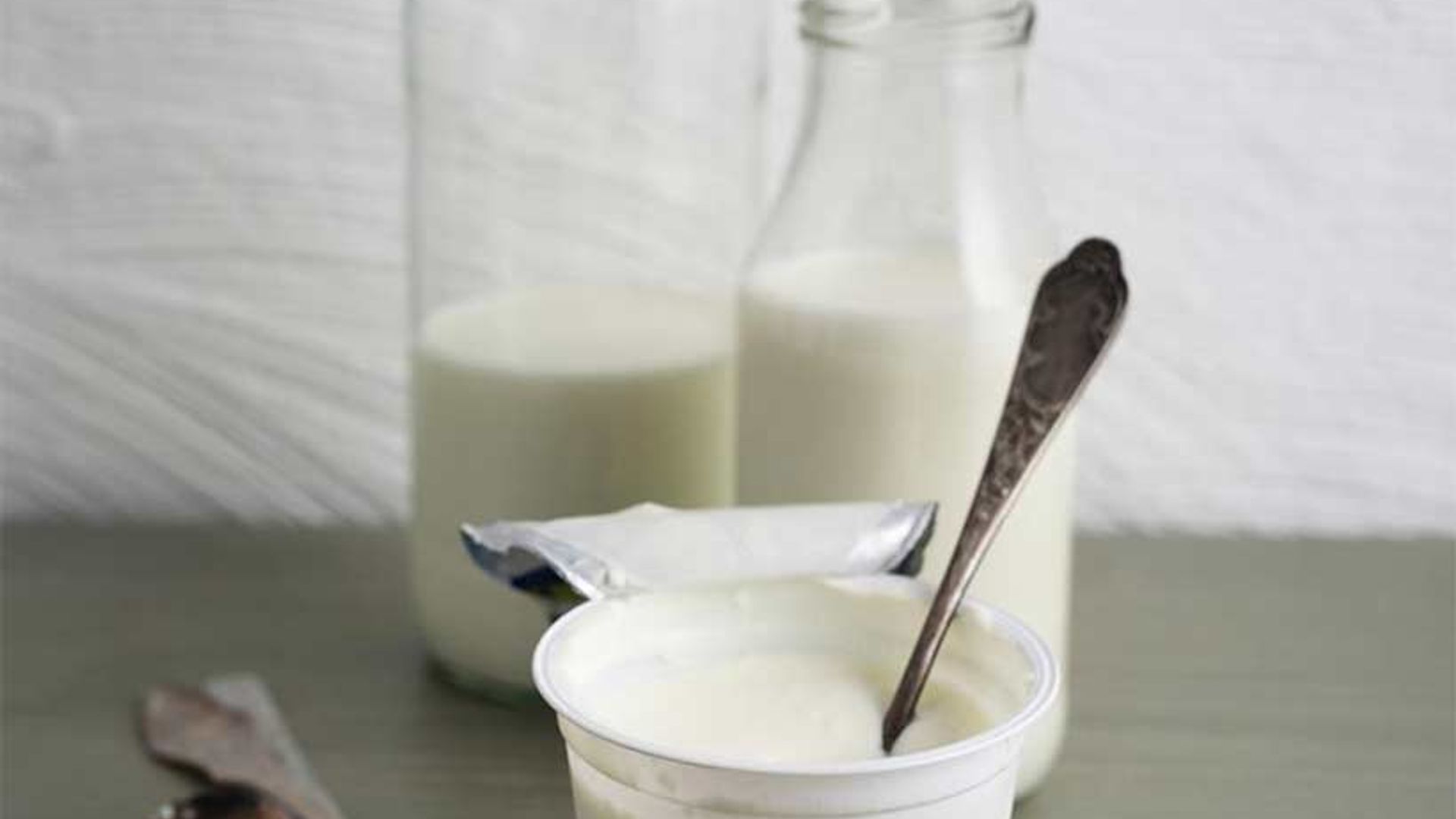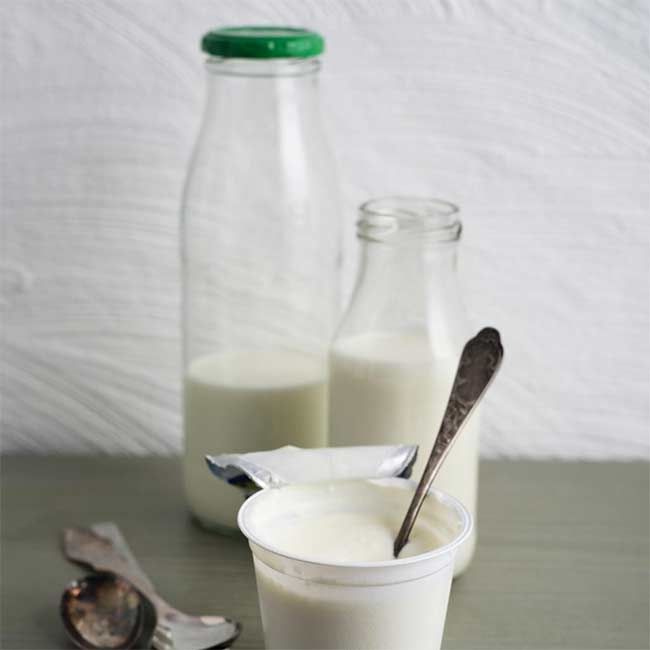High intake of dietary vitamin D and calcium may lower the risk of early menopause, researchers claim. The menopause is a natural part of ageing that usually occurs between 45 and 55 years of age, as a woman's oestrogen levels decline. The average age for a woman to reach the menopause is 51, but around one in 100 women experience the menopause before 40 years of age.
STORY: 5 foods to help you through the menopause
Epidemiology doctoral candidate Alexandra Purdue-Smithe and her advisor Elizabeth Bertone-Johnson, with colleagues at Brigham and Women's Hospital and Harvard Medical School, have now studied how vitamin D and calcium intake is associated with incidence of early menopause.
Eating oily fish and dairy could reduce the risk of early menopause
For their research, the experts used data collected from the prospective Nurses' Health Study II, which includes over 116,000 female registered nurses who were 25-42 years old in 1989 when they first responded to a questionnaire. Using results from additional questionnaires which assessed nurses' lifestyle behaviours and medical conditions, Purdue-Smithe found that 2,041 of the women experienced early menopause, and there appeared to be a link between dairy and vitamin D intake and the condition.
"We found that after adjusting for a variety of different factors, vitamin D from food sources, such as fortified dairy and fatty fish, was associated with a 17 per cent lower risk of early menopause when comparing the highest intake group to the lowest intake group," she said. For the study, the researchers took into account other factors such as intake of vegetable protein and alcohol, as well as body mass index and smoking.
STORY: How menopause affects your skin
As associations were stronger for vitamin D and calcium from dairy sources than from non-dairy food sources in the study, Purdue-Smithe is planning to conduct further investigation into individual dairy foods and how they may be associated with early menopause. The full study is published in the American Journal of Clinical Nutrition.
See our latest health features and news here.









